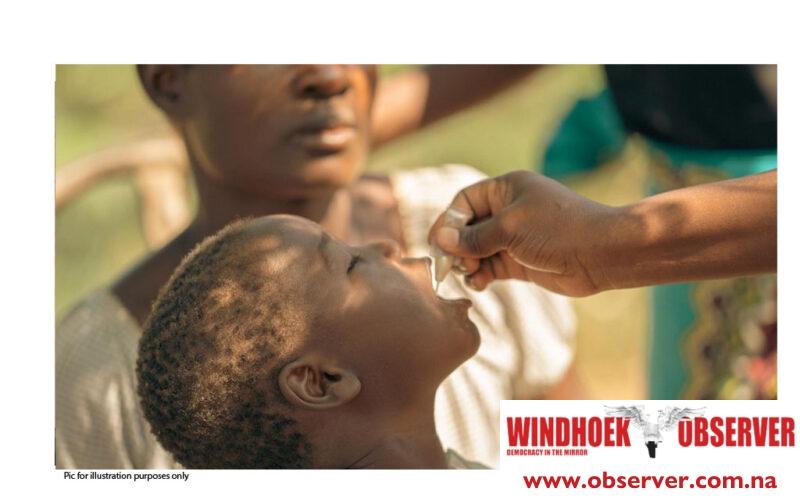Niël Terblanché
As the cholera crisis intensifies across the African continent, claiming over 4,419 lives and affecting more than 266,000 individuals in the past year, Namibia remains on high alert.
The Ministry of Health and Social Service recently confirmed that it is bolstering its disease surveillance and precautionary measures, responding proactively to the outbreak ravaging the populations of neighbouring nations.
The African Centers for Disease Control and Prevention (CDC) reported a significant burden of the outbreak in the Democratic Republic of the Congo (DRC), accounting for over 16 percent of the continent’s cholera cases.
Concurrently, the DRC has been the epicentre for monkeypox, with 97.5 percent of cases recorded in Africa emanating from there.
A recent high-level mission to the DRC by the Africa CDC aimed to fortify the country’s health initiatives against such diseases and accentuated the dual threats presented by monkeypox and cholera.
This mission stressed the critical need for enhanced partnerships and collaborative efforts in managing these health emergencies.
Besides the DRC, Zambia and Zimbabwe are among the hardest hit by the cholera outbreak, with Zambia reporting over 9,500 cases and Zimbabwe more than 18,000 cases, putting undue stress on regional healthcare systems and exposing significant vulnerabilities in public health infrastructure.
The World Health Organization (WHO) has classified the ongoing cholera outbreak as a Grade 3 Emergency, indicating the highest level of health emergency that demands an extensive and coordinated response.
This classification reflects the grave threat posed by the outbreak to public health across Eastern and Southern Africa.
Namibia, while yet to report any cases, is taking no chances. The country’s health authorities are in a heightened state of readiness to implement rigorous disease surveillance measures to detect and contain any potential outbreaks.
Namibia’s vigilance is part of a broader regional strategy to curb the spread of cholera that also stresses the importance of cross-border cooperation and shared response mechanisms.
The Southern African Development Community (SADC) has been pivotal in orchestrating a unified response to the crisis.
A recent extraordinary virtual council meeting convened by health ministers from member states stressed the urgent need for a coordinated approach to combat the spread of serious outbreaks.
The free movement of people, goods, and services across borders has inadvertently facilitated the spread of especially cholera.
This situation has prompted member states to advocate for a comprehensive strategy, leveraging expert health advice to stem the outbreak’s tide.
Namibia’s proactive stance, coupled with regional efforts, stresses the collective resolve to protect public health and mitigate the impact of cholera on the continent’s development and integration goals.
Collaboration, preparedness, and community engagement remain central to overcoming public health challenges.




